Lego is the latest brand to apologise for using AI art
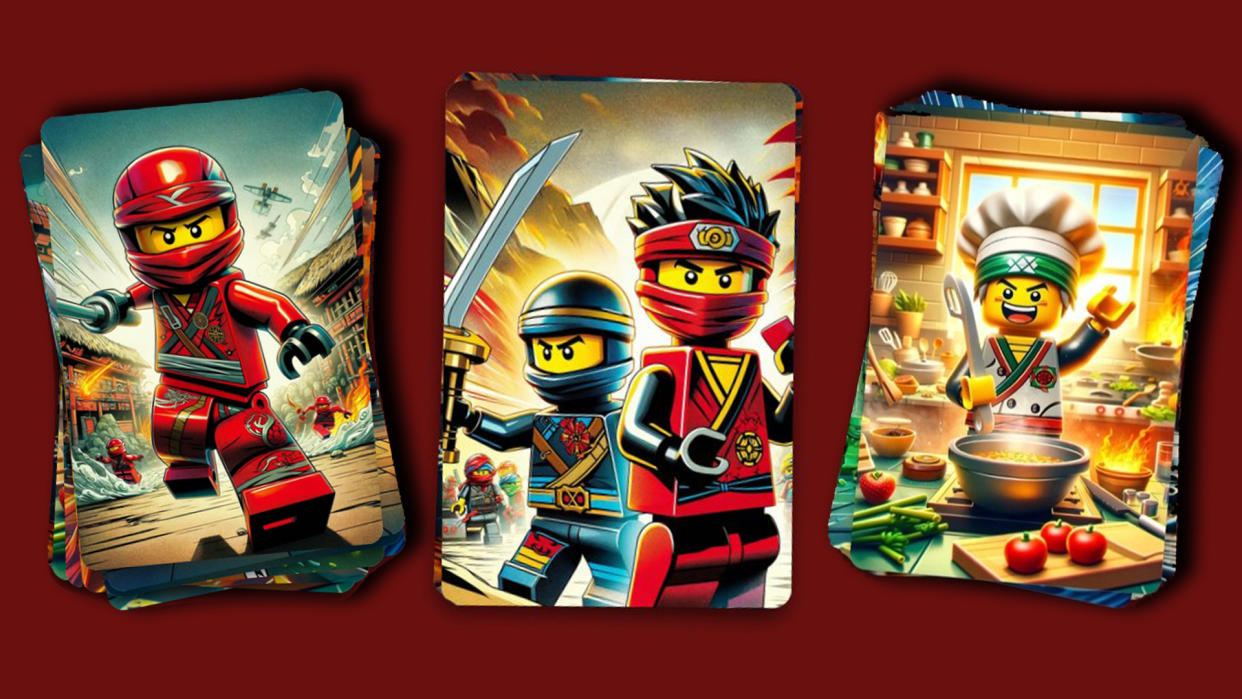
"Only the Best is Good Enough" for toy company LEGO and apparently that 'best' now includes tacky AI art. Yup, Lego has been called out for using AI-generated images in a Lego Ninjago-themed website quiz, leading the brand to apologise for using AI – an increasingly common occurrence across the creative industries.
The now-removed Lego Ninjago quiz was first spotted by X user @legoanimegirl who criticised the "million dollar company" for its AI usage. With images featuring all the typical traits of bad AI art like overly cinematic lighting and over-filtered faux illustration, it was a mistake that was never going to slip by unnoticed. Some characters even had extra 'fingers' (if you can even call them that), once again proving that hand anatomy is the greatest enemy of artificial intelligence.
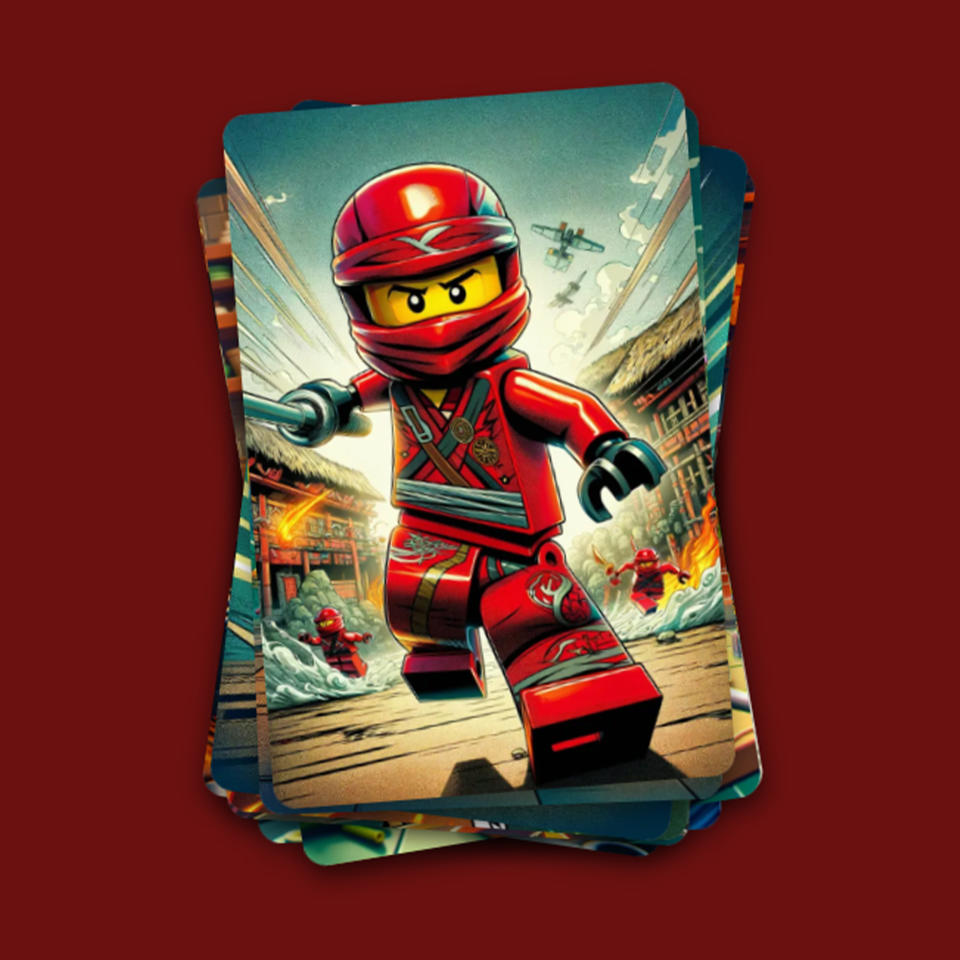
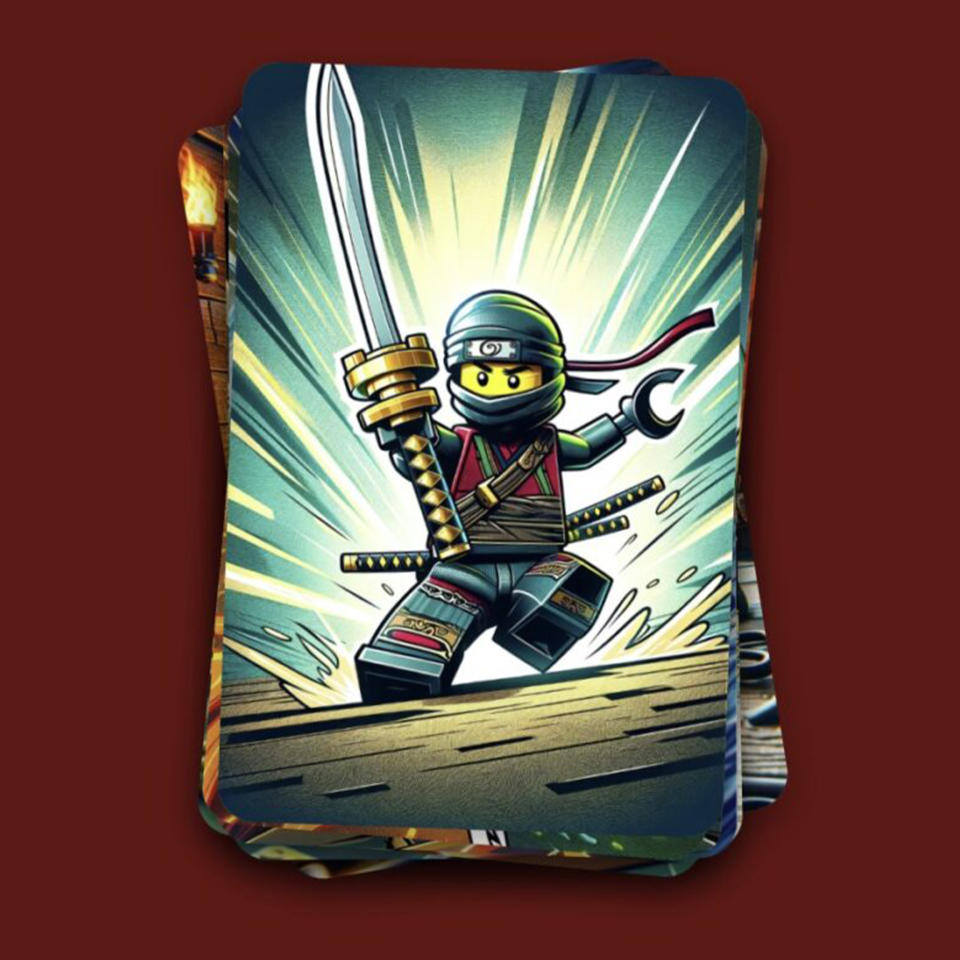
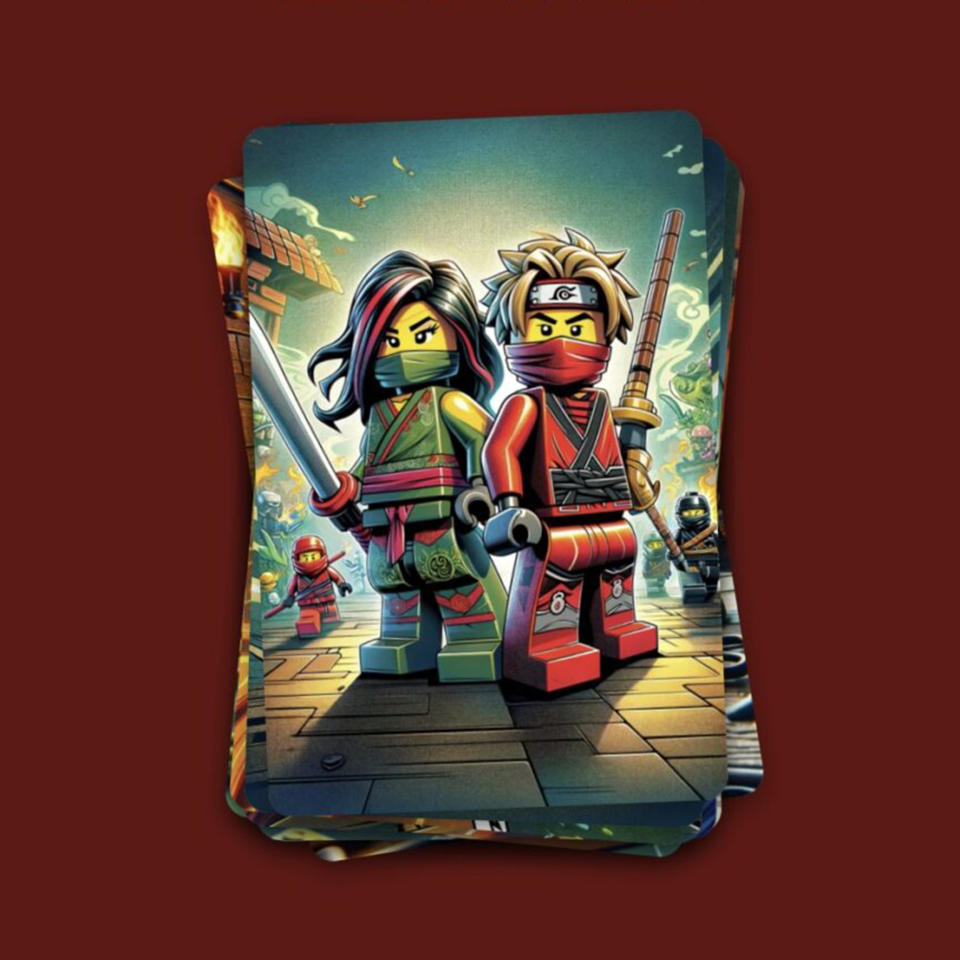
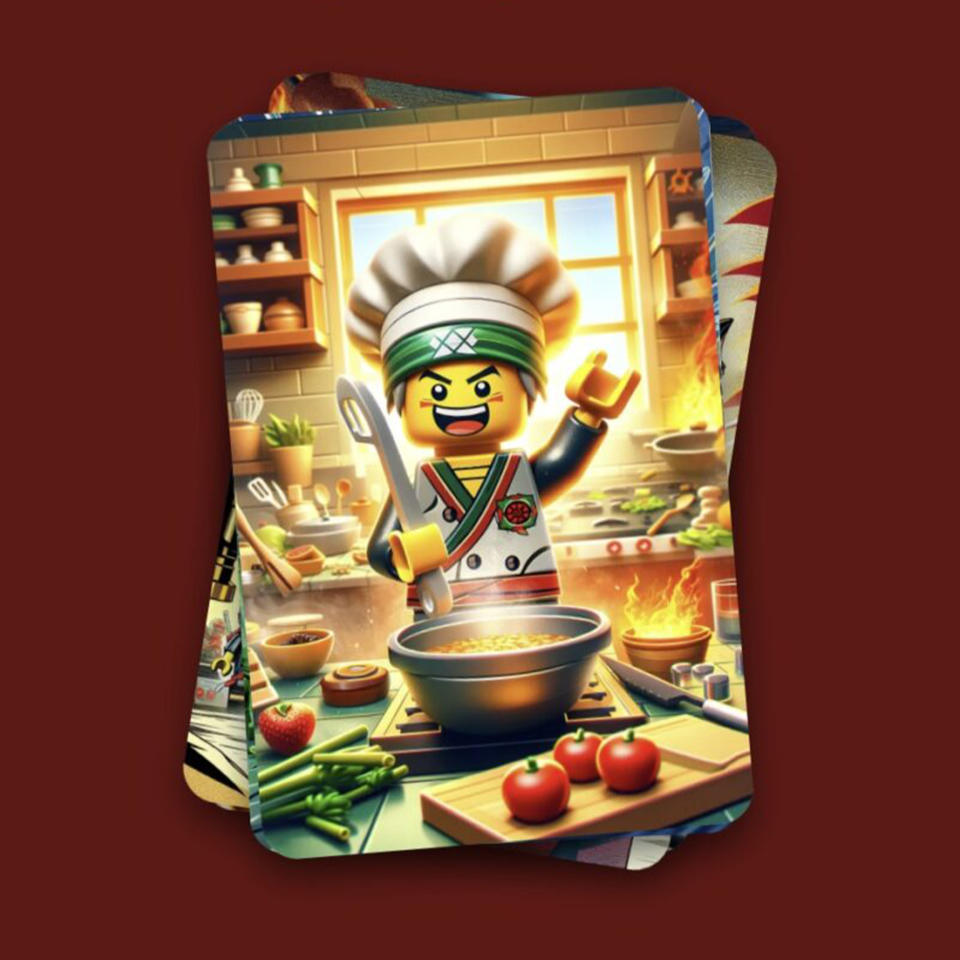
The issue eventually drew the attention of original Lego Ninjago co-creator, Tommy Andreasen, who responded "Art should be made by artists." Shortly after, Lego reportedly posted a statement to the LAN (Lego Ambassador Network) stating that it "fundamentally believe[s] in the wonder and power of human creativity," and will continue to support the "talented artists" who make up the brand. Lego ensures that the AI images were part of a "test" and that they will not reappear in future.
Despite this, Lego concluded its message with a vague statement that muddies its supposed anti-AI ethos. "We believe generative AI offers interesting opportunities and we will continue to explore how we can use it to improve the experiences we offer and our ways of working," the brand says.
As we've seen with other creative brands like game publisher Wizards of the Coast and even the BBC, it seems that AI art is becoming increasingly normalised despite fan backlash. It's all the more disappointing to see it being used by brands with creativity at their core. I hope that the vigilance of fans and the increased moderation of the technology will continue to push AI into becoming a tool rather than a replacement for human creativity.
While it seems it's been in our lives for an eternity, AI art is still a tumultuous topic and our relationship with the technology remains unsteady. I predict that it will be a while before things are settled but in the meantime, AI art usage needs to be conscious, mediated and purposeful to avoid its troubling threat to creatives.

